The most common cause is a buildup of plaque, bacteria and tartar
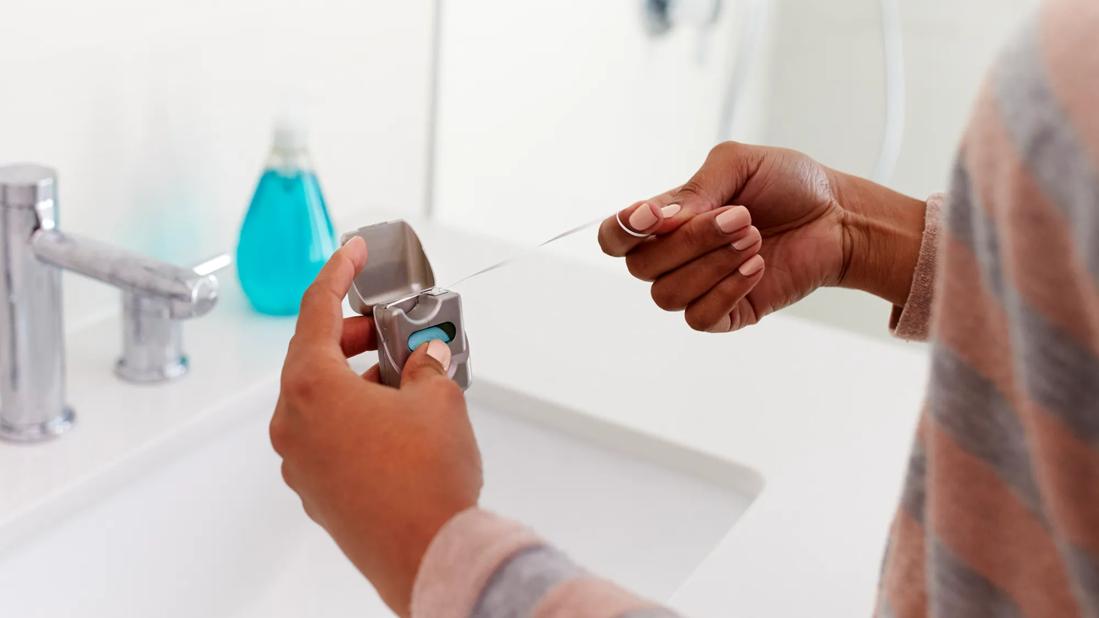
Flossing is an essential part of your oral health. In addition to brushing, flossing every day can help remove plaque buildup before it hardens into tartar.
Advertisement
Cleveland Clinic is a non-profit academic medical center. Advertising on our site helps support our mission. We do not endorse non-Cleveland Clinic products or services. Policy
But is it normal for your gums to bleed when flossing?
If you don’t floss regularly, your gumline may become irritated, inflamed and swollen. Bacteria, tartar and plaque can build up along your gumline. When that happens, your gums might start looking unhealthy and you may notice your gums pulling back from your teeth. You may also see blood when flossing or even brushing.
Periodontist Sasha Ross, DMD, shares why you might see blood and how to floss properly.
So, why are your gums bleeding? There are a few reasons you may have noticed some pink in the sink.
The most common reason your gums are bleeding? Periodontal disease, which, if caught in the early stages, is reversible with treatment.
“The inflammation may be caused by bacterial plaque or tartar that is caught beneath the gum tissue,” says Dr. Ross.
Your dentist will do a professional cleaning to remove plaque and tartar. Your gums should heal on their own, and if proper oral care is followed at home, no other treatment should be needed.
But if your periodontal disease is advanced, you may start losing some of the bone supporting your teeth. In some cases, you may lose your teeth. Advanced periodontal disease can also increase your risk for health issues like diabetes, heart disease, lung disease, stroke and arthritis.
Advertisement
If you have a menstrual cycle, you may notice a change in your gums. This can also happen if you:
The influx of hormones like progesterone can increase blood flow, which can lead to inflamed or bleeding gums.
“The hormones can also cause changes in blood vessels and in your body’s immune response that cause bleeding gums regardless of the amount of bacteria and plaque present,” Dr. Ross explains. “The best way to control the bleeding gums is to be as diligent as possible cleaning your teeth, particularly near the gumline, and to see your dentist regularly for professional teeth cleanings.”
Certain medical conditions can cause your gums to be more likely to bleed when you brush or floss.
For example, vitamin C or K deficiencies can trigger bleeding. Vitamin C helps your tissue grow and repair. Vitamin C also strengthens your bones and teeth. Vitamin K, on the other hand, helps your blood clot.
Your doctor can test you for vitamin deficiencies. You can also try adding vitamin C-rich foods like citrus fruits, strawberries and broccoli or vitamin K-rich foods like spinach and kale to your diet.
“Bleeding may also be a sign of a systemic condition like diabetes that is not well-controlled or has not yet been diagnosed,” says Dr. Ross.
In addition to diabetes, other medical conditions that can affect your gums include leukemia and hemophilia.
How soft the bristles are on your toothbrush can affect your gums. If the bristles are too hard or you apply too much pressure, you can cause your gums to bleed. Opt for a toothbrush with extra soft or soft bristles.
Old toothbrushes, where the bristles are worn down, may also make you press harder than you should. Be sure to replace your toothbrush every three months or when the bristles fray.
How you floss can have an effect on your gums, as well. You want to make sure you’re gentle and focus on working your way up and down the curve of each tooth.
“Brushing at least twice per day, with one time being for 2 whole minutes, is recommended,” says Dr. Ross. “I would recommend purchasing an electric toothbrush, as studies have shown them to be more effective than regular toothbrushes.”
Electric brushes often come with timers to help you track how long you’ve been brushing. They also have alarms that indicate when you’re brushing too hard.
Remember to discuss with your dentist and dental hygienist how to properly floss to get the best result and healthiest teeth and gums.
Your gums may bleed from time to time. And most times it’s not serious. But if your gums bleed regularly, you should see your dentist.
Advertisement
Dr. Ross recommends seeing your dentist at least twice per year for cleanings, X-rays and dental examinations. During your visit, your dentist will do an oral cancer screening and look for cavities and broken teeth. They’ll also do a periodontal evaluation to determine how healthy your gums are and whether you need a different, deeper type of teeth cleaning.
“If you have concerns about bleeding gums, you can ask your dentist to refer you to a periodontist (gum disease expert) or you can call a periodontist directly,” says Dr. Ross. “You should see a dentist sooner if you notice oral pain, swelling, loose teeth or increased bleeding gums.”
If you’re new to flossing, expect some bleeding for the first few weeks, says Dr. Ross. This should resolve the longer you continue flossing.
So, how do you floss correctly? Here’s some advice from Dr. Ross:
Advertisement
It’s important to note that if you’ve been flossing for years and the bleeding is new, see your dentist or a periodontist to evaluate your gums.
“Incorrect flossing technique may cause bleeding gums, as well,” says Dr. Ross. “Regardless, studies show that daily flossing reduces gum inflammation and creates gum health.”
To learn more on this topic from Dr. Ross, listen to the Health Essentials Podcast episode, “Keeping Your Mouth Healthy.” New episodes of the Health Essentials Podcast publish every Wednesday.
Advertisement
Learn more about our editorial process.
Advertisement

You can do damage to fillings, crowns and even your teeth themselves
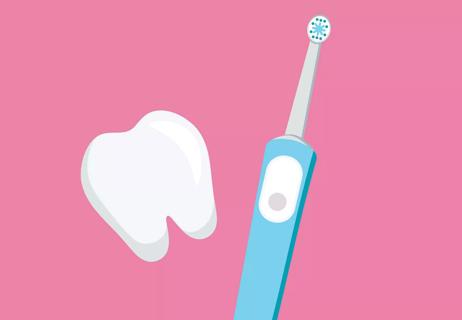
Studies show they do a better job than manual brushes at removing plaque and debris

Acting fast can make a difference
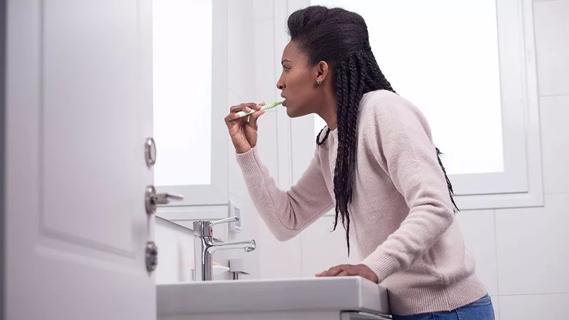
Estrogen and progesterone changes throughout the month — and throughout your life — can make you more prone to dental health concerns
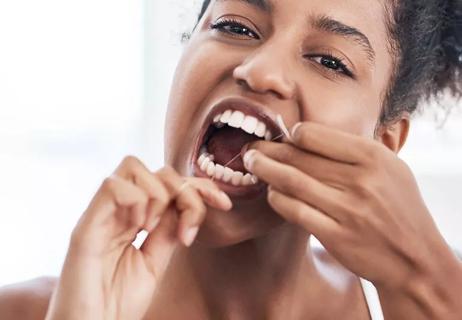
Your toothbrush can’t reach the area where your teeth meet your gum line
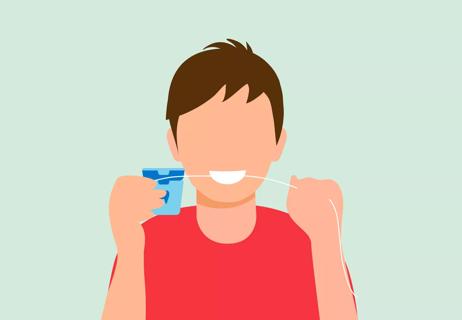
Flossing first might be a tad more beneficial, but it’s most important that you DO brush and floss

Hydrogen peroxide and baking soda can help remove stains

Type 2 diabetes isn’t inevitable with these dietary changes

Applying a hot or cold compress can help with pain